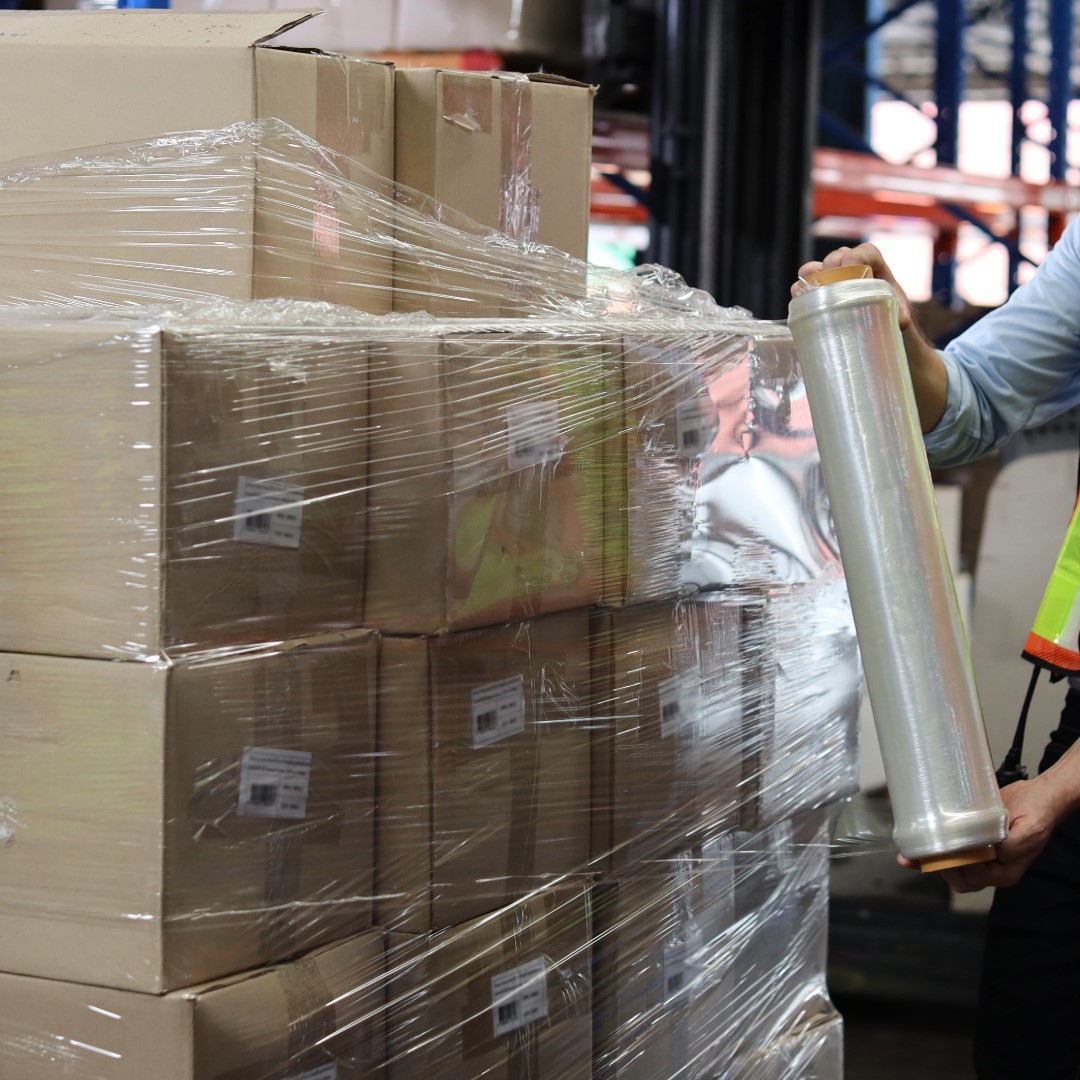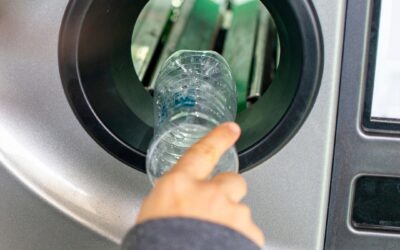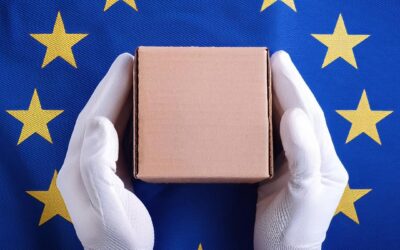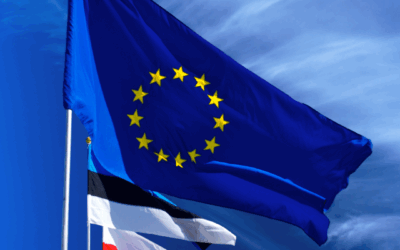From 2025: New EPR regulations for industrial and commercial packaging in France




From 2025, many companies in France will be facing a change: Industrial and commercial packaging will also fall under extended producer responsibility (EPR) from then on. The new regulation is part of French legislation to reduce packaging waste and strengthen the circular economy and ensures that packaging that was previously not collected is now included in the recycling cycle. But what exactly does this mean for you as a company if you place packaging on the French market? And how can you best prepare for the new requirements? In this article, you can find out which packaging is affected and what you need to do to remain compliant in France from 2025.
Introduction of EPR obligations for industrial and commercial packaging in France
From 2025, France will extend the principle of EPR to commercial (industrial and commercial) packaging. This measure is part of the French law ‘Article L541-10-1’. The aim of the law is to reduce environmental pollution.
While packaging in restaurants and the catering industry has already been subject to EPR regulations since 1 January 2023, all other professional packaging – so-called industrial and commercial packaging (IHC) – will now also be included from 1 January 2025.
This affects packaging that is used by companies in France and was previously not subject to the EPR regulations, such as transport packaging or packaging from the logistics sector. With the extension, France is ensuring that this packaging is also integrated into the recycling cycle. For companies, this means that you must ensure that you are aware of the new obligations and organise yourselves accordingly.
Important: The responsibilities and obligations for foreign companies that place this type of packaging on the French market are currently still under discussion. A final decision is expected in autumn 2024.
Which packaging is affected?
The new EPR obligations from 2025 affect a wide range of packaging. In particular, this includes industrial and commercial packaging (IHC), such as transport packaging (e.g. cardboard boxes), pallets and plastic packaging used for the storage and shipping of goods. However, packaging from the catering industry, which was not previously covered, is now also part of the EPR regulation.
Not only single-use packaging is affected, but also reusable packaging such as barrels, wooden or plastic crates and other containers that are frequently used in trade. The aim is to treat both single-use and reusable packaging in such a way that it can either be recycled or disposed of responsibly.
New obligations for distributors from 2025
From 1 January 2025, all companies that place industrial and commercial packaging on the French market must comply with the new EPR regulations. In concrete terms, this means that as a distributor, you are responsible for the entire life cycle of your packaging – from production to disposal. This includes both taking back and recycling the packaging used.
Similar to household packaging, you have the option of either fulfilling these obligations yourself or handing them over to an authorised disposal system in France. Companies must ensure that all packaging they place on the market is either recyclable or responsibly utilised as part of a disposal system. This requires a close review and adaptation of existing packaging and disposal processes in order to fulfil the new requirements.
Tips for preparation
In order to be prepared for the new regulations, you as a company should take measures at an early stage:
- Review your packaging: Start by analysing the packaging you currently use. Which packaging will fall under the new regulations from 2025 and is it already recyclable?
- Collaborate with waste management systems: If you are not planning to implement your own recycling programmes, you should take care of licensing your packaging with approved disposal systems in France at an early stage. We can support you in this with our licensing service.
- Adapt your processes: Ensure that your internal processes – from purchasing to logistics – are adapted to the new requirements.
- Documentation and verification: From 2025, you must be able to prove that you are complying with your new EPR obligations. Make sure that all relevant data on your packaging and its disposal is documented.
Need help with this process? With our licensing service, we can take over your obligations and get you compliant in no time at all.
Would you like more information about your obligations in France? Then take a look here:

LIZENZERO.EU makes packaging compliance in Europe very easy.
Do you ship your products to different countries in the EU? Many different legal requirements and obligations can make the whole thing quite complicated – but don’t worry, we’ll do it for you. How do we do it? With our licensing service, we take over all obligations for you by power of attorney. Sounds good? We’ll be happy to advise you.
For shipping to Germany, you can easily fulfill your packaging obligations yourself via Lizenzero.de.
Deposit systems in the EU explained
Deposit systems show that simple solutions help to keep packaging in circulation and increase recycling rates. However, there are major differences within the EU: while countries such as Germany, Sweden and Finland have been using deposits for years and achieving high return rates, other Member States are still in the early stages.
Mandatory from 2026: The EU Authorised Representative for Packaging explained
Europe is an attractive but regulatory complex market. One of the more complex requirements is the appointment of an authorised representative (AR). The AR is the central interface between the manufacturer and the European market surveillance authorities. The authorised representative plays an important role in product safety and extended producer responsibility (EPR) and is therefore becoming increasingly important to ensure access to the market.
Authorised Representatives in Europe: Which ones are there and what do you need them for?
Europe is an attractive but regulatory complex market. One of the more complex requirements is the appointment of an authorised representative (AR). The AR is the central interface between the manufacturer and the European market surveillance authorities. The authorised representative plays an important role in product safety and extended producer responsibility (EPR) and is therefore becoming increasingly important to ensure access to the market.




